Bird 5012D Wideband Power Sensor: Measure Power Accurately from 350 MHz to 4.0 GHz
$1,744.00
Bird 5012D Wideband Power Sensor: Accurately measure power from 350 MHz to 4.0 GHz, with a range of 150 mW to 150 W Avg. Featuring a Type N Female connector, this sensor is compatible with the 5000D Series.
Features and Specifications: Bird 5012D Wideband Power Sensor, 350 MHz to 4.0 GHz, 150 mW to 150 W Avg, Type N Female, 5000D Series
Product Overview:
The Bird 5012D Wideband Power Sensor is a high-performance instrument designed to accurately measure RF power over a wide frequency range. With its advanced features and exceptional specifications, it is an ideal choice for various applications, including:
Transmitter power monitoring
Antenna gain measurements
Amplifier characterization
EMC testing
Features:
Wide frequency range: 350 MHz to 4.0 GHz
High power handling: 150 mW to 150 W average
Low insertion loss: <0.5 dB
High accuracy: ±0.5 dB
Fast response time: <100 ms
Type N female connector
Rugged and durable construction
Specifications:
Frequency range: 350 MHz to 4.0 GHz
Power range: 150 mW to 150 W average
Insertion loss: <0.5 dB
Accuracy: ±0.5 dB
Response time: <100 ms
Connector: Type N female
Dimensions: 3.5″ x 2.5″ x 1.5″
Weight: 1 lb
What’s in the Box:
Bird 5012D Wideband Power Sensor
User manual
Benefits:
Accurate and reliable power measurements
Wide frequency range for versatility
High power handling for demanding applications
Low insertion loss for minimal signal degradation
Fast response time for real-time monitoring
Rugged construction for durability in harsh environments
Value to the Customer:
The Bird 5012D Wideband Power Sensor provides exceptional value to customers by offering:
Enhanced accuracy and reliability for critical measurements
Versatility for a wide range of applications
Reduced signal loss and improved system performance
Real-time monitoring capabilities for efficient troubleshooting
Durable construction for long-lasting use
Additional information
| Brand | Bird |
|---|

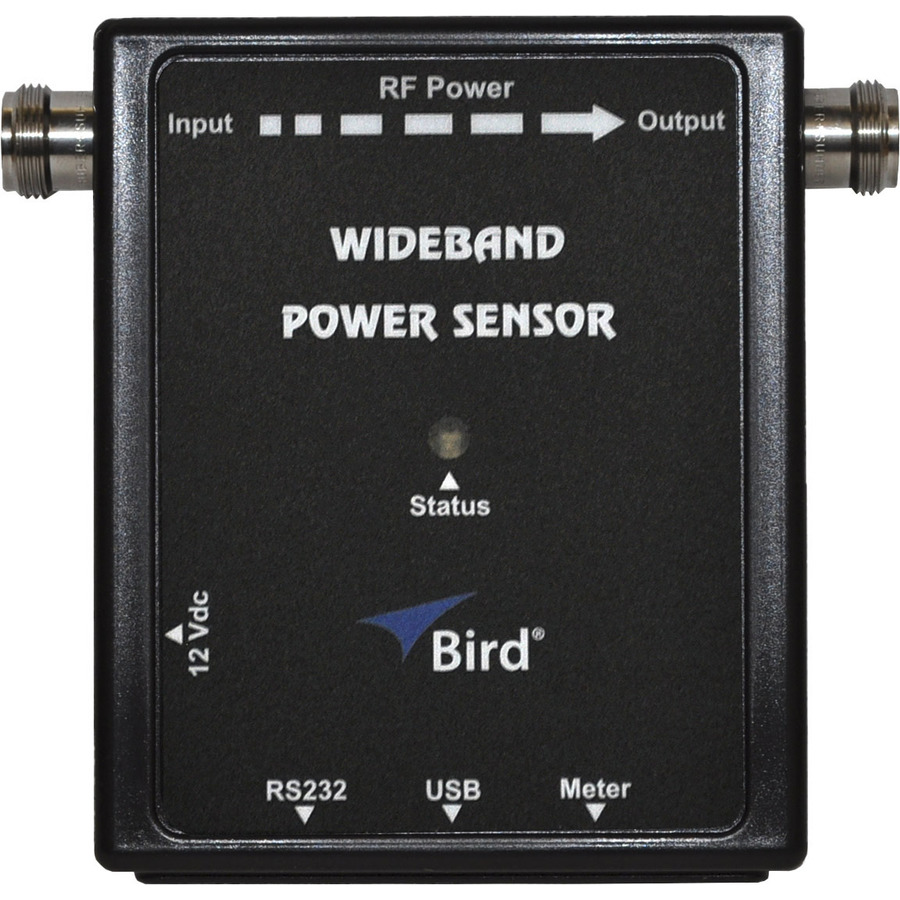

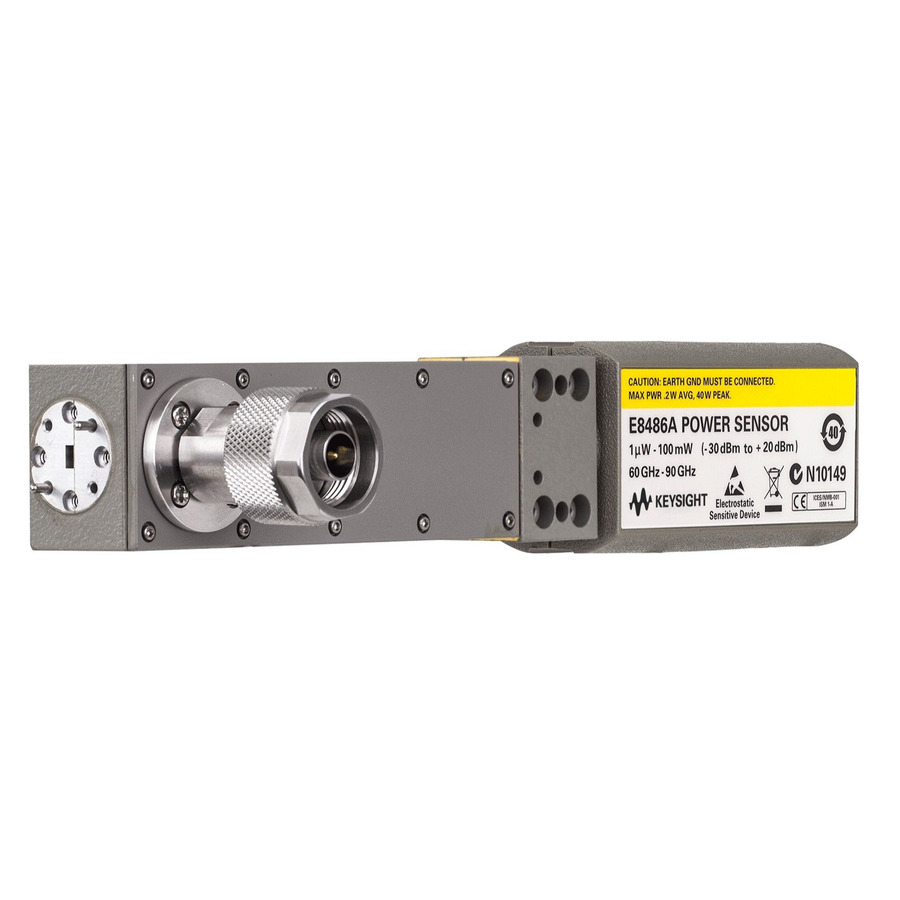
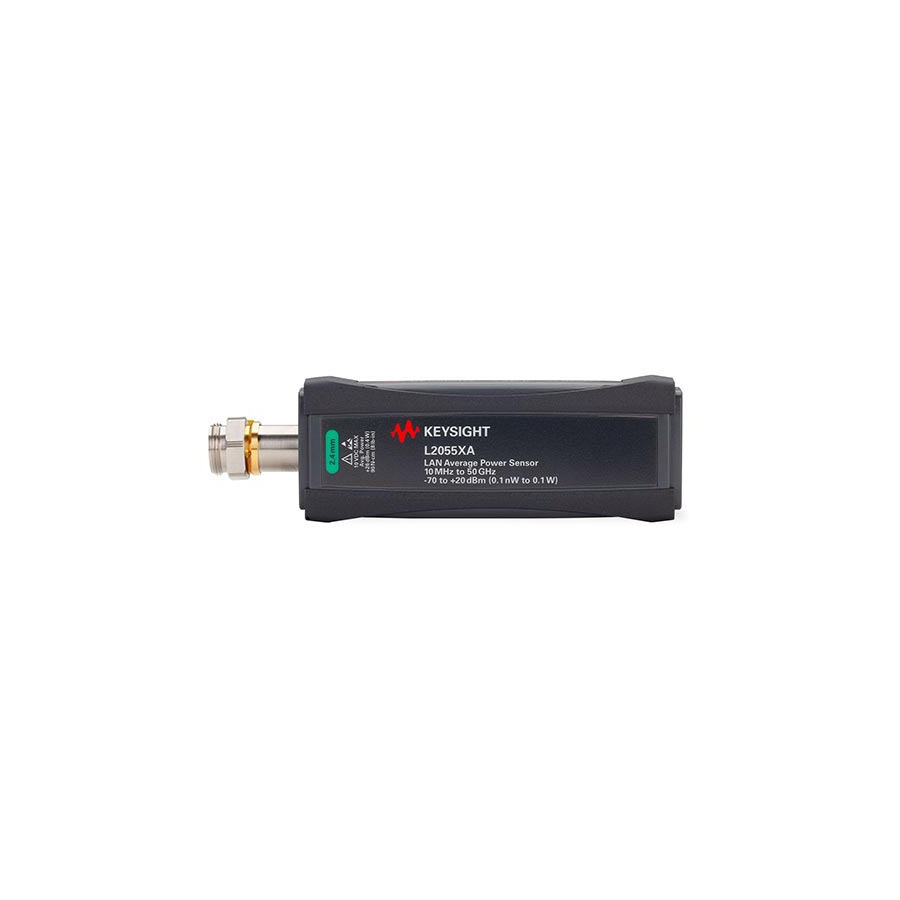
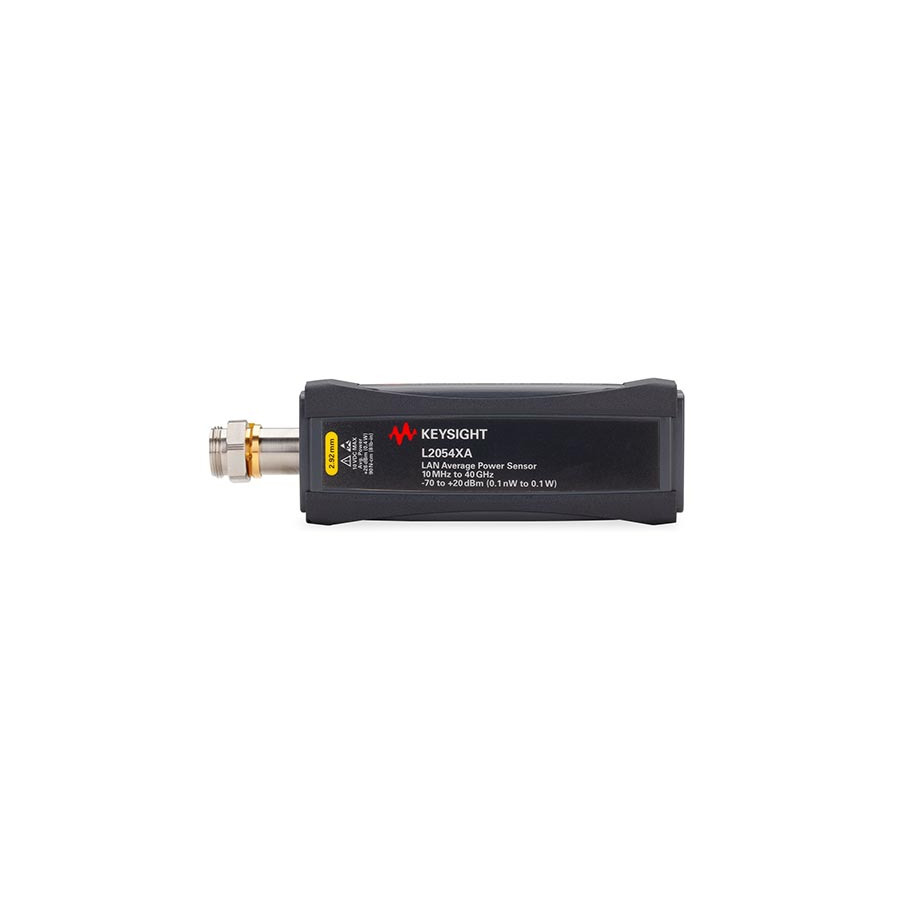
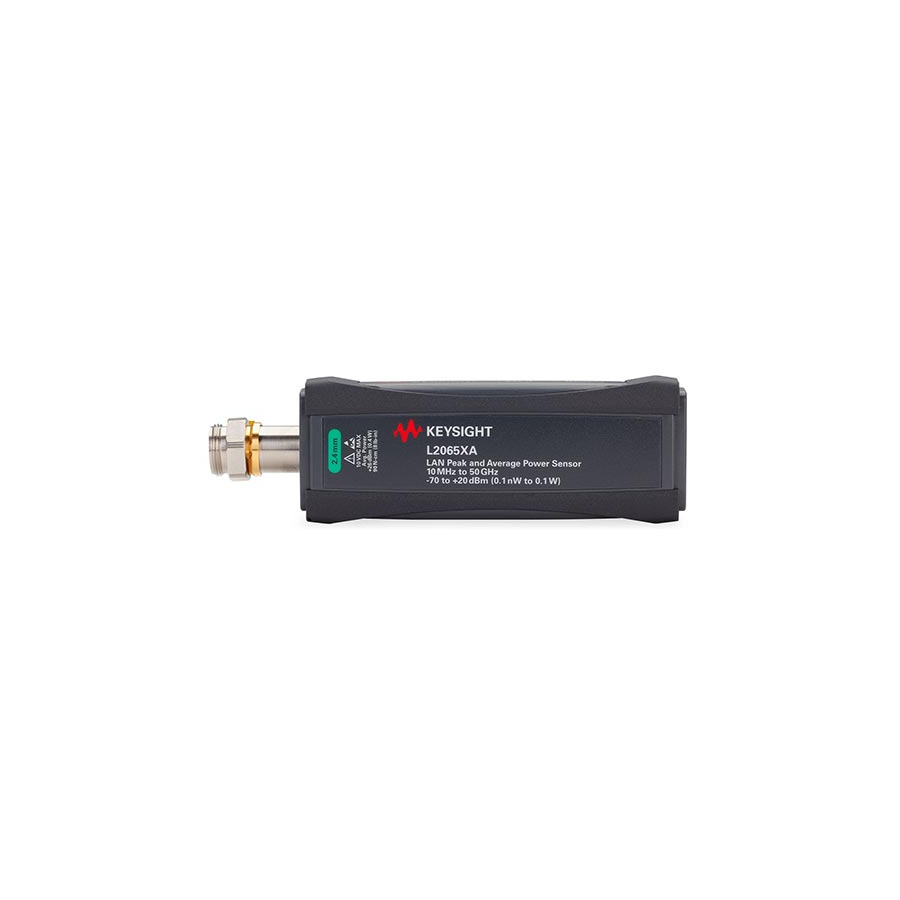
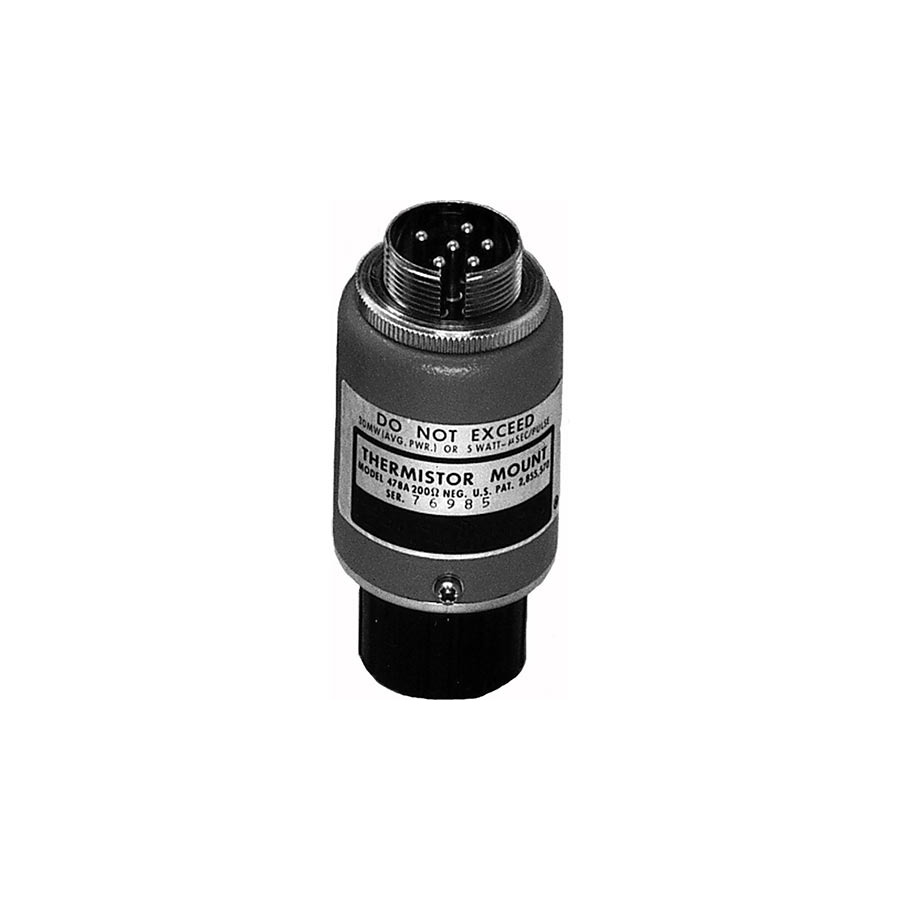
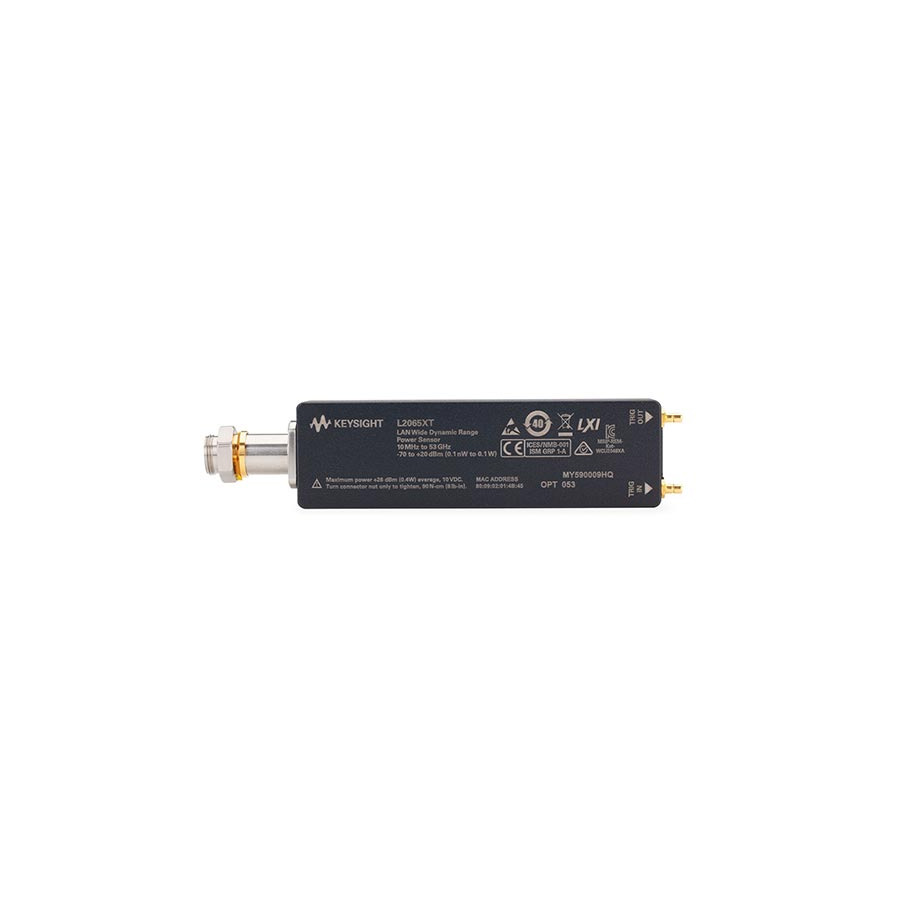
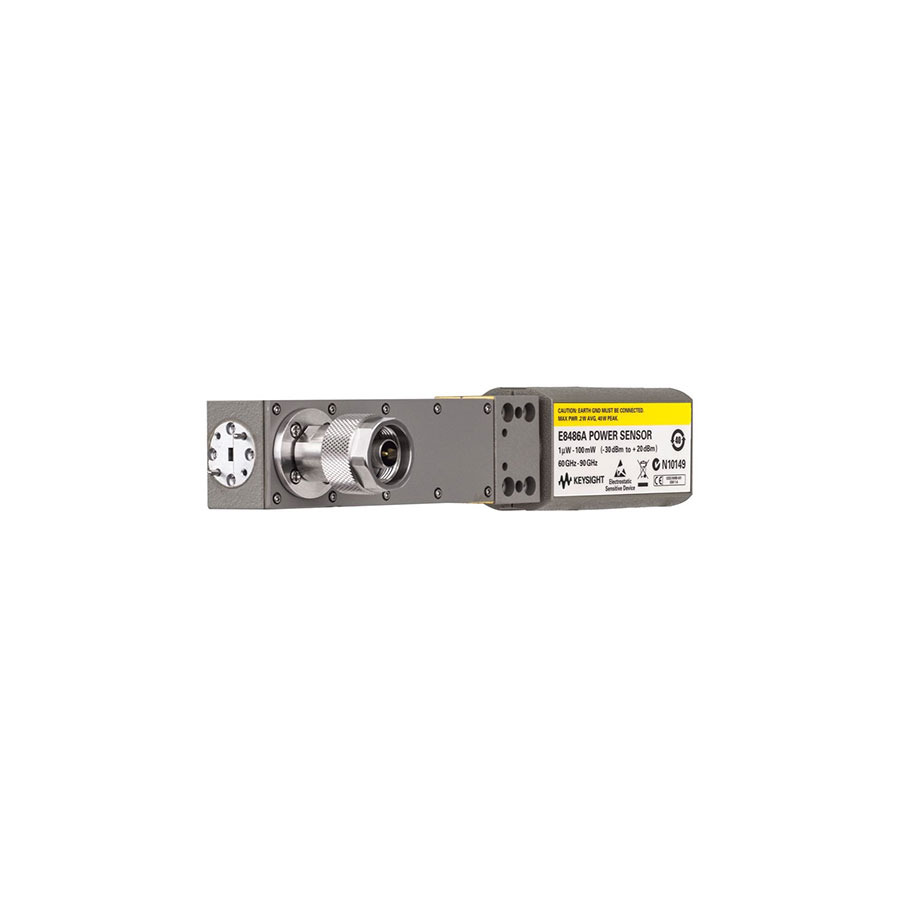
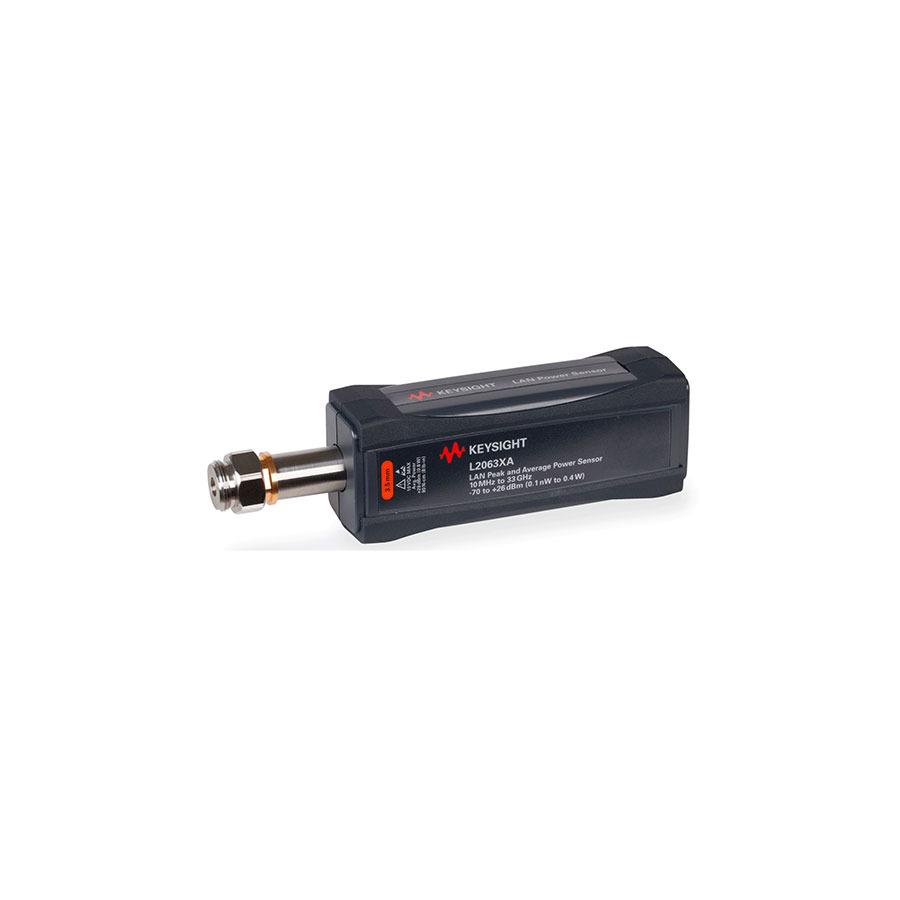
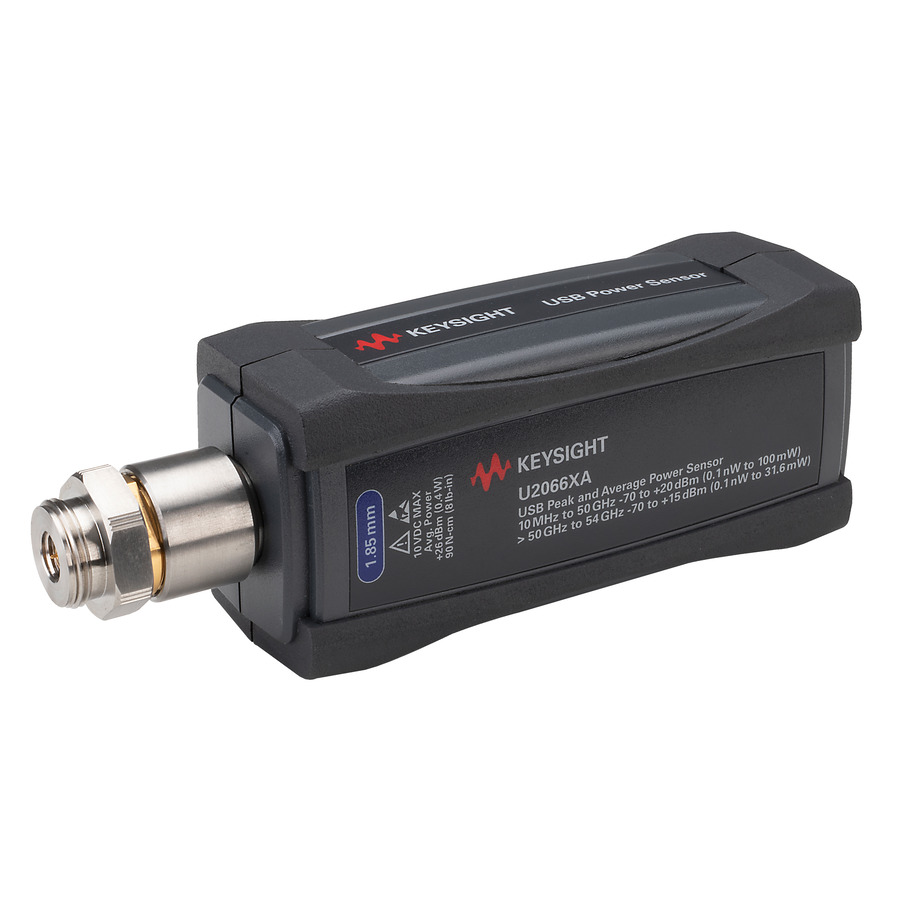
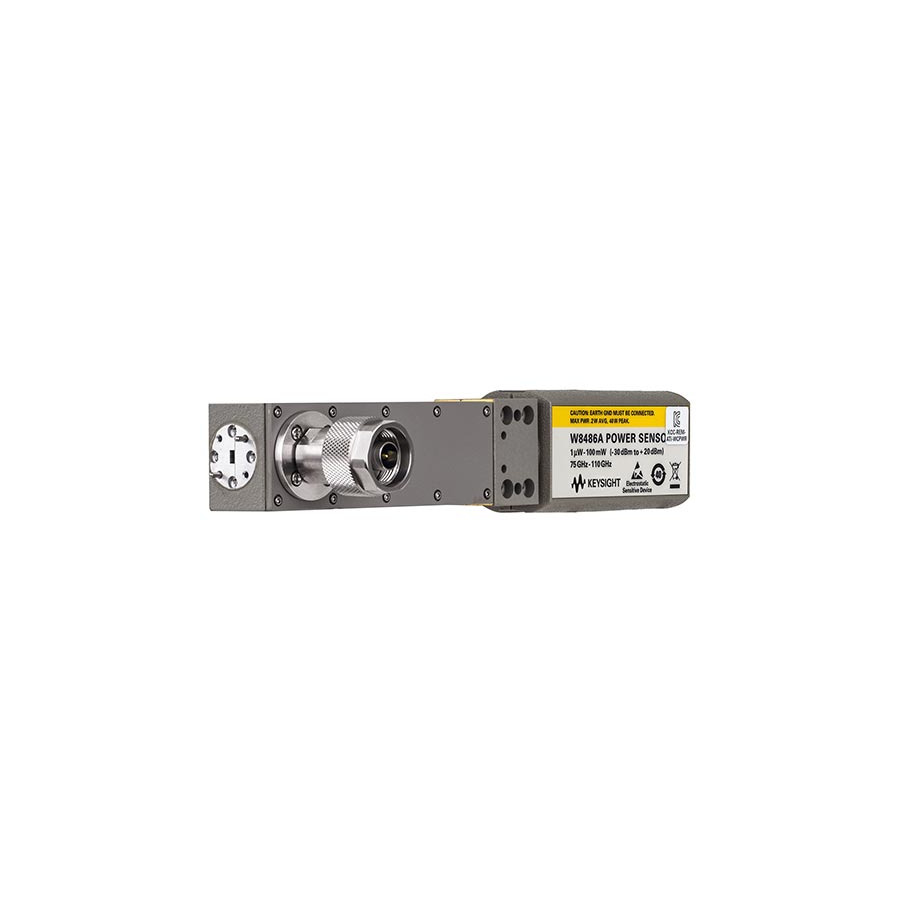
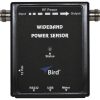
Reviews
There are no reviews yet.